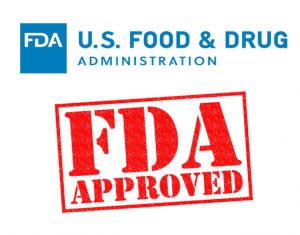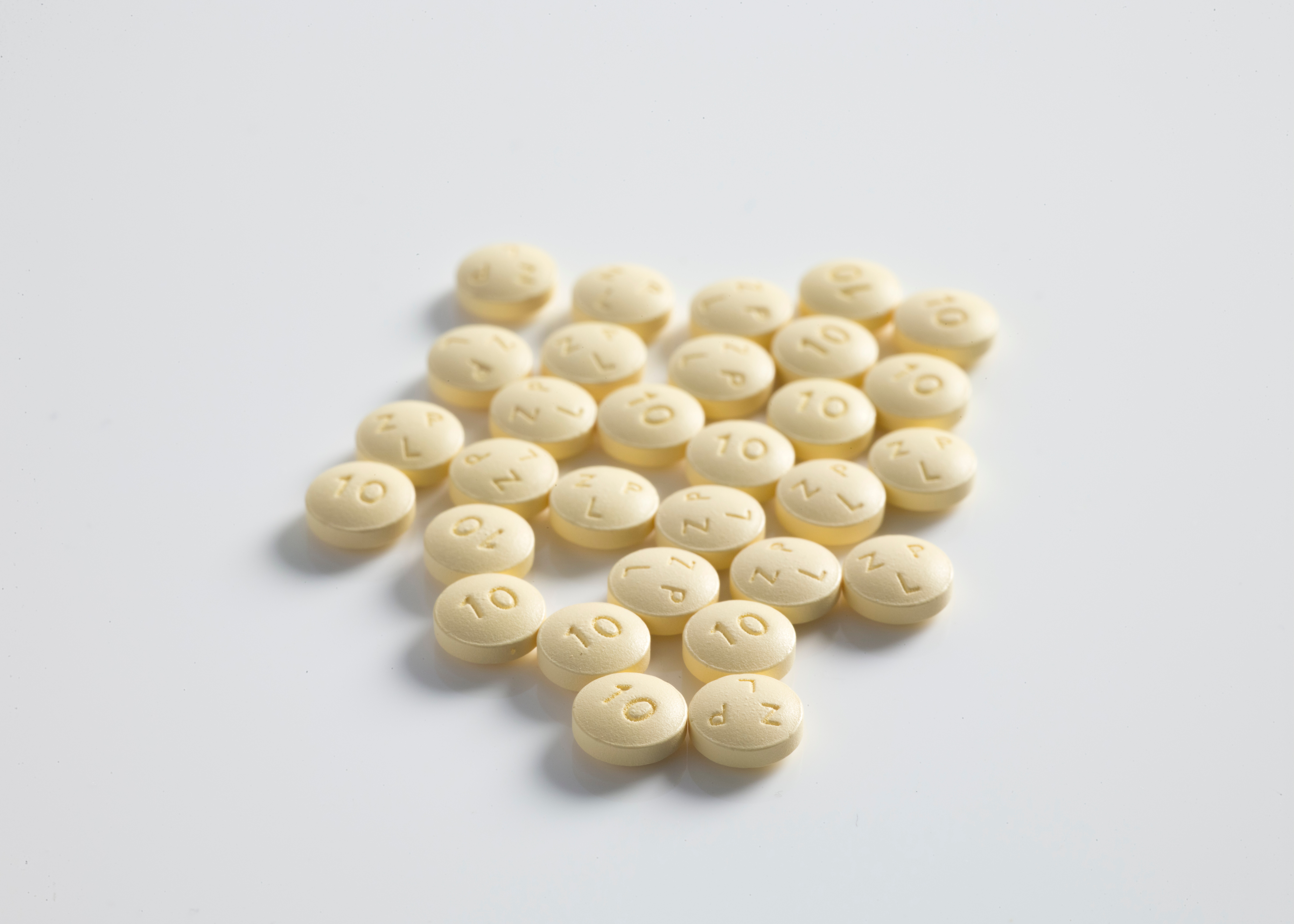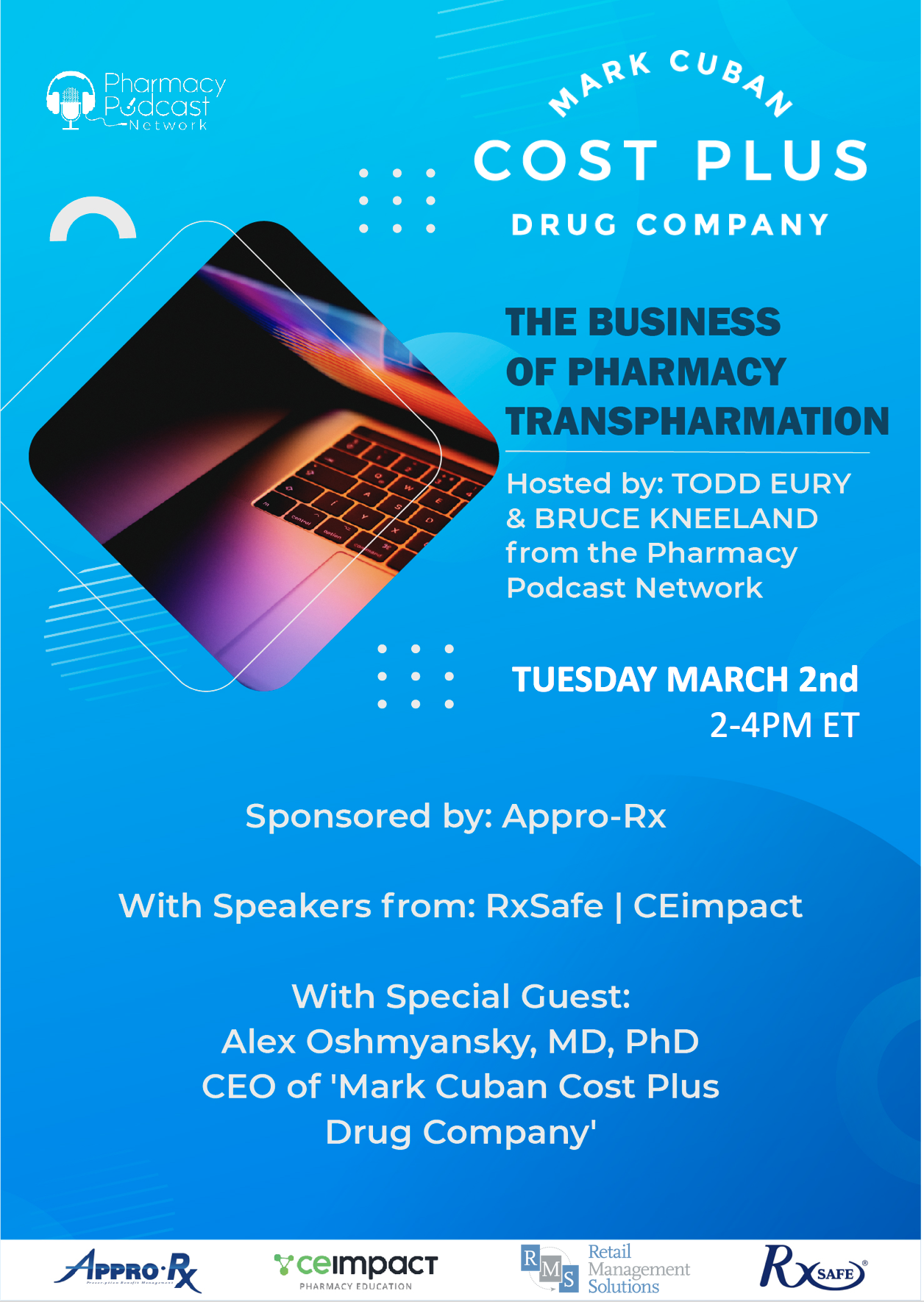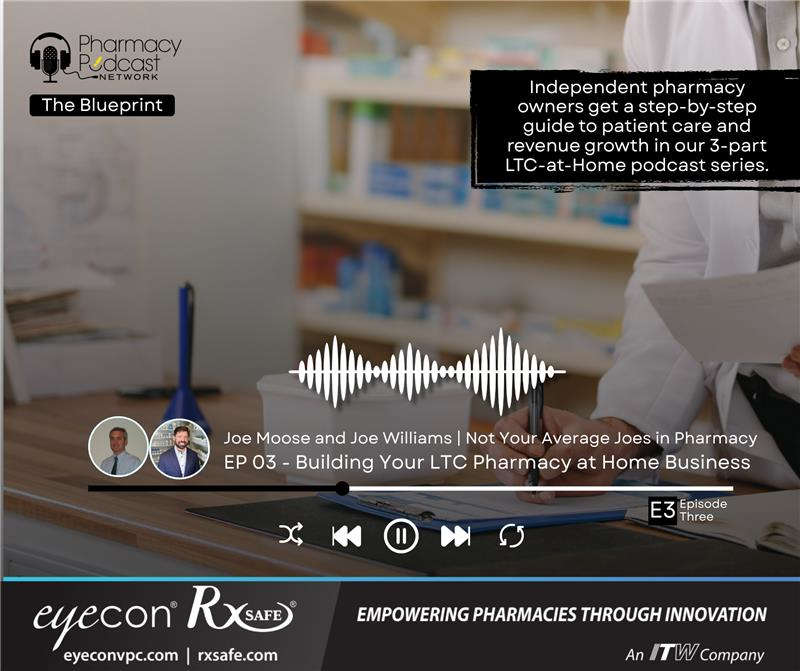Short answer: Yes, if your pharmacy is equipped with the RxSafe 1800™.
Long answer: If you don’t own an RxSafe 1800, or would like to know more about DSCSA compliance, keep reading. We’ve broken down the statute in a series of easy-to-read, frequently asked questions, or FAQs. 
What is the Drug Supply Chain Security Act?
The Drug Supply Chain Security Act (DSCSA) was signed into law in November 2013. Before this federal law was passed, those in the drug supply chain had to meet state law requirements, some of which were complex and varied from state to state. DSCSA replaces state laws with a unified set of requirements for all prescription drugs in the U.S.
What is the intended purpose of the DSCSA?
It is intended to standardize and streamline traceability of drugs inside every link in the nationwide supply chain, including pharmacies and other dispensers. Consumers at the end of the drug supply chain will benefit from identification, reporting, recall, and removal of suspected unapproved, illegal, contaminated, potentially harmful, and/or counterfeit drugs that will occur down to the level of individual salable units. Toward that end, the DSCSA requires that all pharmaceutical manufacturers begin including a product identifier on prescription drug package and cases.
What is a product identifier?
A product identifier is a unique identity for individual prescription drug packages and cases, which will allow trading partners to easily trace drug packages as they move through the supply chain. It includes the product's lot number, expiration date, national drug code (or NDC), and a serial number.
When is DSCSA compliance mandatory?
The DSCSA went into effect in 2015, with all requirements for product tracing to be fully implemented by 2023. The FDA recently issued a guidance in June of 2017 announcing that the agency would not take action against manufacturers that did not comply with the product identifier requirements prior to November 27, 2018 under the requirement under the DSCSA Subsection 582(b)(2)(A).
It is important to note that although the FDA recently set forth the additional guidelines delaying enforcement of the product identifier requirement until November of 2018, the requirements under the Act and its subsections are, nonetheless, already law. The delay is in enforcement only. Compliance is required.
What does the DSCSA and enforcement delay mean for pharmacies?
The FDA recognizes that downstream trading partners such as pharmacies and other dispensers of manufactured drugs introduced into commerce before November 27, 2018 may not have a product identifier. Hence, the FDA Guidance issued in June of 2017 addresses the responsibilities of pharmacies. The FDA stated that it does not intend to take action against a re-packager that does not verify the product identifier (unless there is an independent responsibility to affix or imprint an identifier). However, it bears repeating: guidance documents are recommendations – they do not establish enforceable responsibilities.
How does the product identifier requirement (and delay) affect pharmacies?
DSCSA Section 582 requires that each package and homogeneous case of product in the pharmaceutical distribution supply chain bear a product identifier in both a human-readable form and on a machine-readable data carrier. The product identifier includes the product’s standardized numerical identifier, lot number, and expiration date. Manufacturers were required to begin affixing or imprinting a product identifier to each package and homogeneous case of a product intended to be introduced into commerce no later than November 27, 2017. Re-packagers are required to do the same no later than November 27, 2018.
Should the FDA enforcement delay also delay a pharmacy’s compliance program?
The short answer: of course not! Patient care and distribution of safe drugs is the first priority of every pharmacy. Moreover, many drug manufacturers have already moved forward to ensure that their product lines fully meet all DSCSA requirements. Pharmacies with RxSafe’s visionary pharmacy automation technology are already positioned to communicate and coordinate with compliant suppliers. For pharmacies with no implemented identifier solution, the deadlines for DSCSA compliance loom. Pharmacies equipped with RxSafe technology are ahead of the curve and their patients are the ultimate benefactors, which was the intention of the DSCSA.
How does RxSafe help pharmacies with DSCSA compliance now?
The RxSafe 1800 is DSCSA compliant today because it tracks the DSCSA product identifier (i.e., NDC code, lot number, and expiration date) at the time the bottle is loaded into the RxSafe 1800. DSCSA compliance is already included in the RxSafe 1800 workflow and database. With the RxSafe 1800 in place, pharmacies are immediately on the easy pathway to meeting the DSCSA regulations!
What can my pharmacy do today?
To “future-proof” your pharmacy, call 877-797-2332 for more info. We can arrange an in-person or online demonstration of the RxSafe 1800. RxSafe also offers monthly demo webinars.
We look forward to helping your pharmacy join the family of satisfied RxSafe customers on the path to providing unsurpassed patient care, including DSCSA compliance.







.png)


